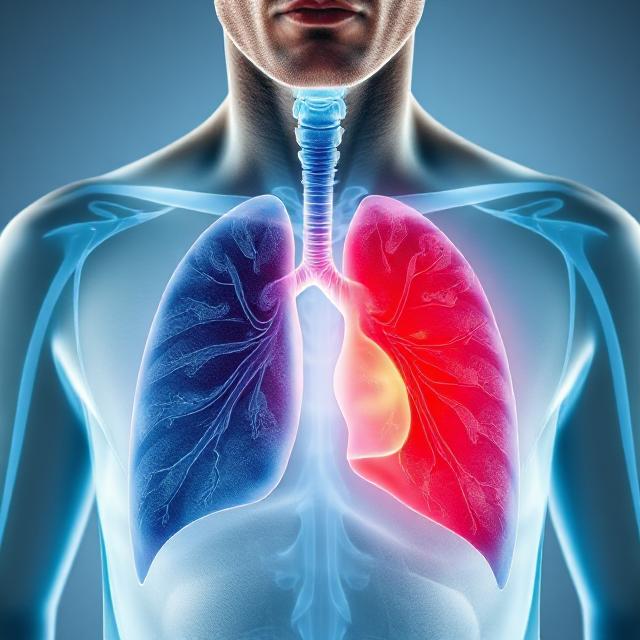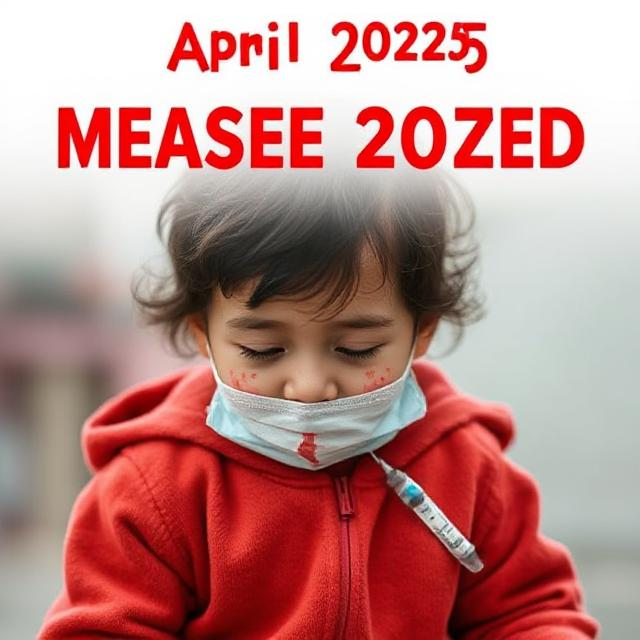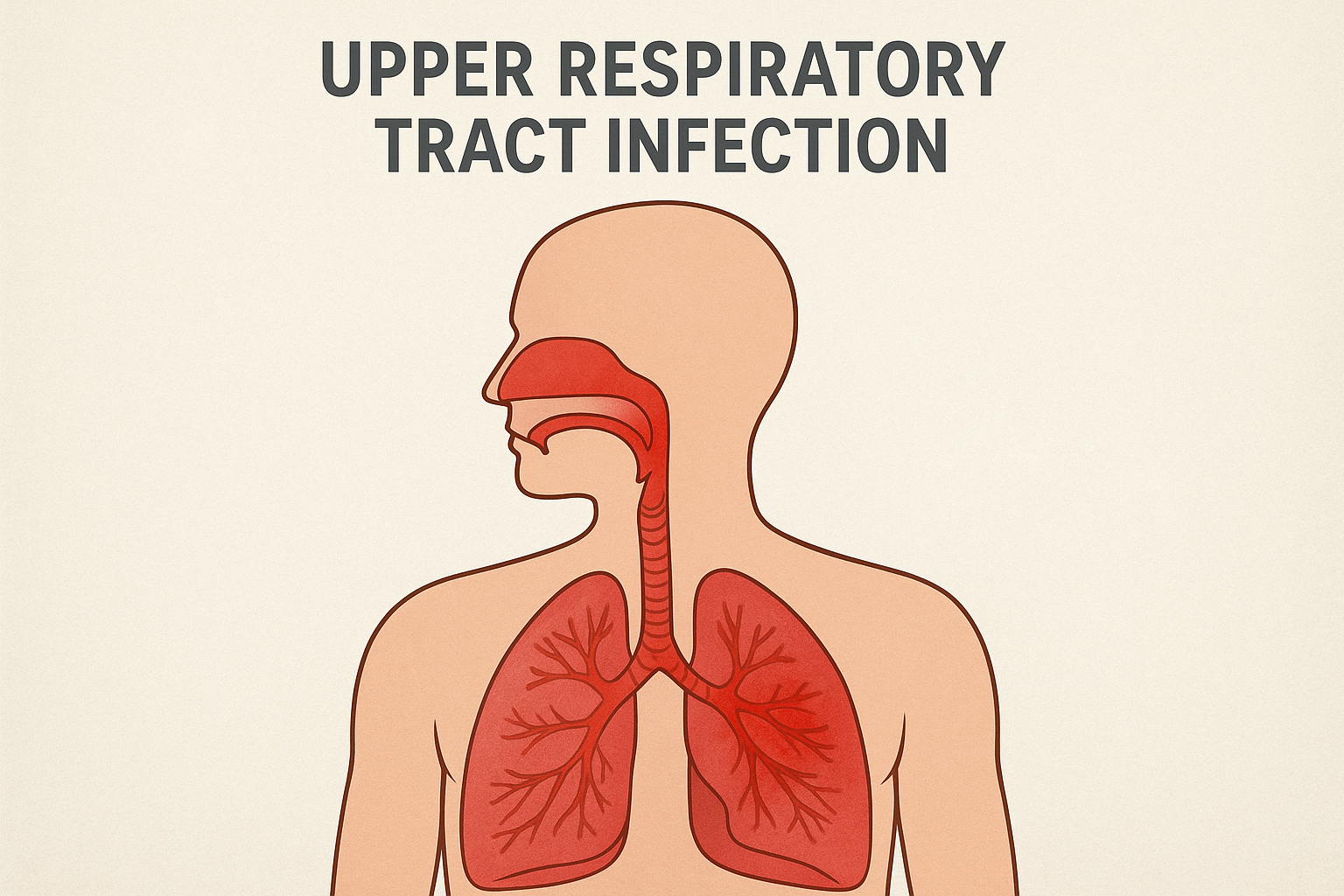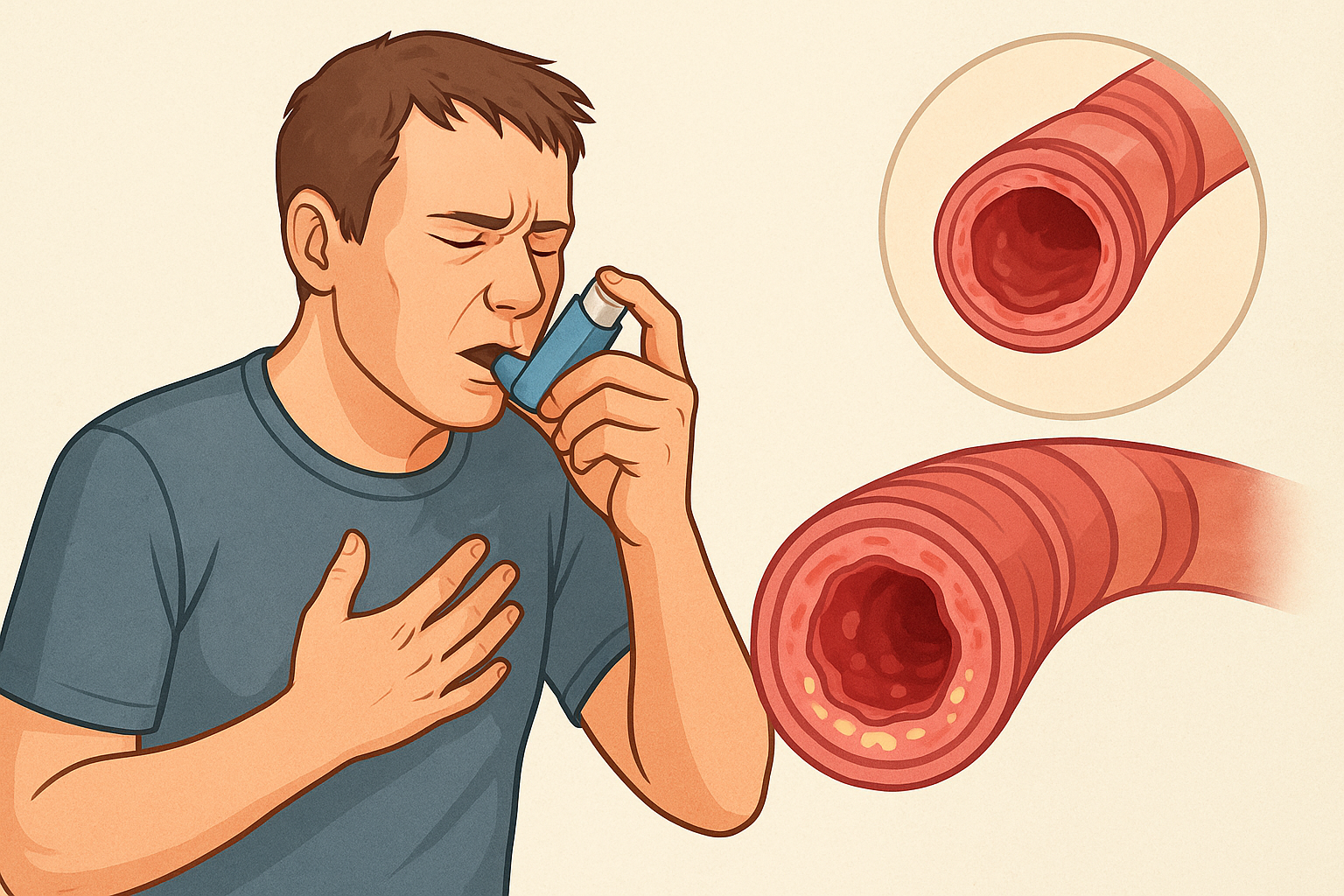Pneumonia is a serious lung infection that affects millions of people globally each year. It can range from mild to life-threatening, especially among infants, the elderly, and individuals with weakened immune systems. Understanding pneumonia is essential for timely treatment and prevention.
What Is Pneumonia?
Pneumonia is an infection that inflames the air sacs (alveoli) in one or both lungs. These air sacs may fill with fluid or pus, leading to coughing, difficulty breathing, and other symptoms. It can be caused by bacteria, viruses, fungi, or even chemical irritants.
Common Causes of Pneumonia
Pneumonia can result from several infectious agents, including:
- Bacterial pneumonia – Most commonly caused by Streptococcus pneumoniae.
- Viral pneumonia – Often caused by influenza, RSV, or COVID-19.
- Fungal pneumonia – Seen in people with weakened immune systems or chronic health issues.
- Aspiration pneumonia – Caused by inhaling food, drink, vomit, or saliva into the lungs.
Symptoms of Pneumonia
Symptoms can vary from mild to severe depending on the type of germ causing the infection and your overall health. Common symptoms include:
- Persistent cough with mucus or phlegm
- Fever, chills, and sweating
- Shortness of breath
- Chest pain when breathing or coughing
- Fatigue or weakness
- Rapid heartbeat
- Bluish lips or fingertips (in severe cases)
Who Is at Risk?
Anyone can get pneumonia, but the risk is higher in:
- Children under 5 years
- Adults over 65 years
- People with chronic conditions like asthma, diabetes, or heart disease
- Smokers
- Immunocompromised individuals
Diagnosis and Treatment
Diagnosis:
Pneumonia is typically diagnosed through:
- Physical examination
- Chest X-ray
- Blood tests
- Sputum tests
- Pulse oximetry
Treatment:
Treatment depends on the cause and severity:
- Antibiotics for bacterial pneumonia
- Antiviral medications for viral pneumonia (e.g., influenza)
- Antifungal drugs for fungal infections
- Supportive care: rest, hydration, oxygen therapy if needed, and over-the-counter medications to manage symptoms
Hospitalization may be required in severe cases.
Prevention Tips
Preventing pneumonia is possible with the right precautions:
- Get vaccinated – Pneumococcal and flu vaccines reduce the risk.
- Practice good hygiene – Regular hand washing and mask-wearing during outbreaks.
- Avoid smoking – Smoking damages lung tissues and increases risk.
- Manage chronic diseases – Keep conditions like diabetes and asthma under control.
- Boost immunity – Eat a healthy diet, get enough sleep, and exercise regularly.
When to See a Doctor
Seek immediate medical attention if you or a loved one experience:
- Difficulty breathing
- High fever (above 102°F or 39°C)
- Persistent chest pain
- Confusion or drowsiness (especially in older adults)
Conclusion
Pneumonia is a preventable and treatable lung infection, but early diagnosis and proper care are key. By understanding the symptoms, causes, and prevention methods, you can protect yourself and your family from this potentially dangerous illness.




